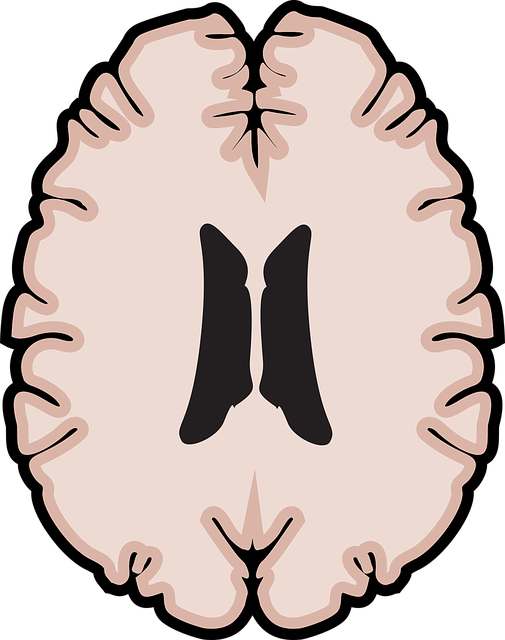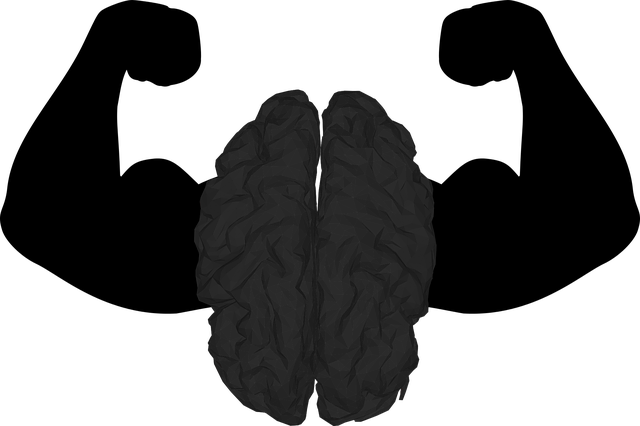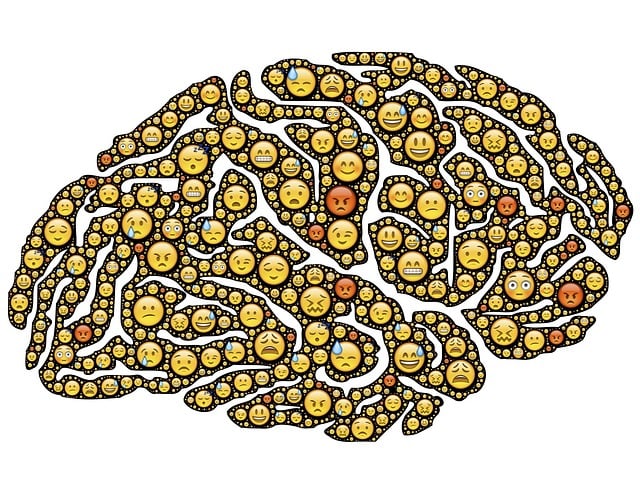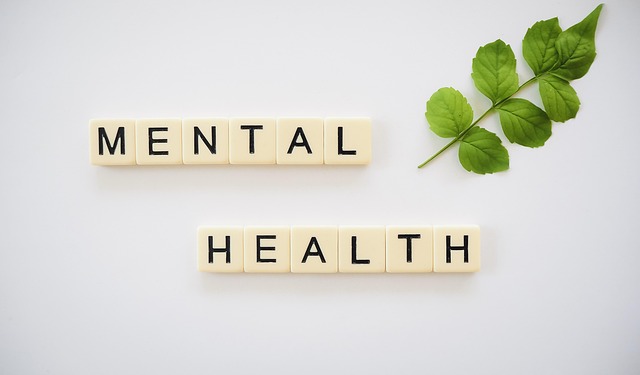Littleton Adolescent and Teen Therapy focuses on developing Emotional Intelligence (EI) in teens, using evidence-based practices like mindfulness meditation, mental wellness journaling, and empathy-building strategies. This holistic approach boosts resilience, enhances communication, and fosters healthier relationships, contributing to overall well-being and preventing risks like depression. Through structured observations and assessments, they track progress and tailor interventions, integrating traditional metrics with interpersonal dynamics and academic performance for effective support.
Emotional intelligence (EI) is a vital skill for navigating life’s challenges, fostering healthy relationships, and achieving personal growth. This comprehensive guide explores the development of EI in adolescents and teens, offering insights from Littleton Adolescent and Teen Therapy experts. We delve into strategies to enhance self-awareness and empathy, the role of therapy in building resilience, practical tools for emotional literacy, and methods to measure progress. Understanding and cultivating EI empowers young individuals to thrive in a complex world.
- Understanding Emotional Intelligence: Unlocking Self-Awareness and Empathy
- The Role of Therapy in Enhancing Adolescent Emotional Intelligence
- Practical Strategies for Teens to Build Resilience and Emotional Literacy
- Measuring Progress: Evaluating the Impact of Emotional Intelligence Development
Understanding Emotional Intelligence: Unlocking Self-Awareness and Empathy

Emotional Intelligence (EI) is a powerful tool that empowers individuals to navigate complex social landscapes with grace and understanding. At its core, EI involves recognizing, managing, and leveraging one’s own emotions, as well as comprehending and empathizing with the feelings of others. This profound ability fosters meaningful connections, enhances communication, and promotes positive relationships—essential aspects for adolescents and teens navigating their world today.
Littleton Adolescent and Teen Therapy emphasizes the importance of EI development as a key component in fostering emotional well-being. Through various therapy techniques, professionals guide young individuals to unlock self-awareness, understand their triggers, and develop coping mechanisms for managing intense emotions. This process not only improves their mental resilience but also facilitates healthier interactions with peers, family, and the broader community. Additionally, cultivating empathy allows teens to recognize and respect the feelings of others, contributing to a more compassionate society and potentially mitigating risks such as depression prevention.
The Role of Therapy in Enhancing Adolescent Emotional Intelligence

For adolescents navigating complex emotions and life challenges, therapy serves as a powerful tool to enhance emotional intelligence (EI). Littleton Adolescent and Teen Therapy, grounded in evidence-based practices, offers a safe space for young individuals to explore their feelings, gain insights, and develop effective coping strategies. Through skilled facilitation, therapists teach mind over matter principles, empowering teens to understand and manage their emotions, and fostering positive thinking patterns.
By integrating these concepts into therapy sessions, professionals equipped with Risk Management Planning for Mental Health Professionals can help adolescents build resilience and improve their EI. This holistic approach not only equips them with the skills to navigate current challenges but also prepares them for future emotional encounters, leading to better decision-making and overall well-being.
Practical Strategies for Teens to Build Resilience and Emotional Literacy

Building resilience and emotional literacy is a crucial aspect of adolescence, and Littleton Adolescent and Teen Therapy offers practical strategies to help teens navigate this journey. One effective method is incorporating mindfulness practices, such as Mindfulness Meditation, into daily routines. This simple yet powerful tool teaches teens to stay present, manage stress, and recognize their emotions without judgment. By dedicating just a few minutes each day, they can develop a deeper understanding of themselves and improve their overall mental wellness.
Additionally, Mental Wellness Journaling Exercises provide guidance for self-reflection. Teens are encouraged to write about their feelings, thoughts, and experiences, allowing them to process and make sense of their emotions. This journaling practice fosters self-awareness, helps identify triggers, and promotes the development of healthy coping mechanisms. Together with Empathy Building Strategies, these techniques create a strong foundation for emotional intelligence, enabling teens to build confidence in managing their emotional landscape.
Measuring Progress: Evaluating the Impact of Emotional Intelligence Development

Measuring progress is an integral part of any development journey, and emotional intelligence (EI) is no exception. At Littleton Adolescent and Teen Therapy, we understand that tracking growth in this domain requires a multifaceted approach. It’s not just about self-reporting or standardized tests; it involves observing changes in behavior, attitudes, and interactions within various contexts. For instance, improved EI can lead to enhanced communication skills, better conflict resolution strategies, and increased empathy, all of which can be assessed through structured observations during group therapy sessions or one-on-one counseling.
Additionally, the impact of EI development extends beyond individual growth. It influences interpersonal relationships, academic performance, and overall well-being. By evaluating these aspects alongside traditional mental health metrics, we gain a comprehensive understanding of an individual’s progress. This holistic evaluation is crucial for tailoring interventions effectively, especially when considering broader frameworks like Mental Health Policy Analysis and Advocacy or implementing community outreach program implementations that foster Burnout Prevention Strategies for Healthcare Providers.
Emotional intelligence is a powerful tool for adolescents to navigate their personal growth and relationships. By understanding self-awareness, empathy, and resilience, teens can foster healthier interactions and improve their overall well-being. Through therapy sessions at Littleton Adolescent and Teen Therapy, individuals gain practical strategies to enhance emotional literacy, ultimately empowering them to manage challenges and build stronger connections. This comprehensive approach ensures that adolescents develop the skills needed for a more fulfilling and emotionally intelligent future.














